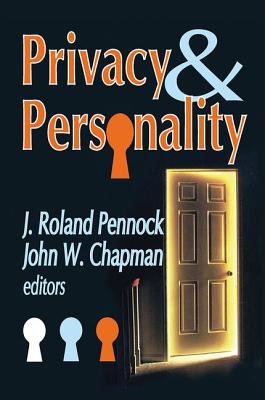Machines Like Us: Toward AI with Common Sense
Brachman, Ronald J., Levesque, Hector J.
- 出版商: Summit Valley Press
- 出版日期: 2023-10-17
- 售價: $998
- 貴賓價: 9.5 折 $948
- 語言: 英文
- 頁數: 320
- 裝訂: Quality Paper - also called trade paper
- ISBN: 0262547325
- ISBN-13: 9780262547321
-
相關分類:
人工智慧
-
相關翻譯:
機器如人:通往人類智慧之路 (簡中版)
立即出貨 (庫存=1)
買這商品的人也買了...
相關主題
商品描述
How we can create artificial intelligence with broad, robust common sense rather than narrow, specialized expertise.
It's sometime in the not-so-distant future, and you send your fully autonomous self-driving car to the store to pick up your grocery order. The car is endowed with as much capability as an artificial intelligence agent can have, programmed to drive better than you do. But when the car encounters a traffic light stuck on red, it just sits there--indefinitely. Its obstacle-avoidance, lane-following, and route-calculation capacities are all irrelevant; it fails to act because it lacks the common sense of a human driver, who would quickly figure out what's happening and find a workaround. In Machines like Us, Ron Brachman and Hector Levesque--both leading experts in AI--consider what it would take to create machines with common sense rather than just the specialized expertise of today's AI systems.
Using the stuck traffic light and other relatable examples, Brachman and Levesque offer an accessible account of how common sense might be built into a machine. They analyze common sense in humans, explain how AI over the years has focused mainly on expertise, and suggest ways to endow an AI system with both common sense and effective reasoning. Finally, they consider the critical issue of how we can trust an autonomous machine to make decisions, identifying two fundamental requirements for trustworthy autonomous AI systems: having reasons for doing what they do, and being able to accept advice. Both in the end are dependent on having common sense.
商品描述(中文翻譯)
如何創造具有廣泛、強大的常識而非狹窄、專業化專長的人工智慧。
在不遠的未來某個時刻,你派遣你的全自動自駕車去商店取你的雜貨訂單。這輛車具備了人工智慧代理所能擁有的所有能力,被程式設計成比你開得更好。但是當車遇到一個卡在紅燈上的交通燈時,它就只是停在那裡,無限期地等待。它的閃避障礙、跟車和路線計算能力都變得無關緊要;它無法行動是因為它缺乏人類駕駛員的常識,後者會迅速弄清楚發生了什麼事並找到解決方法。在《機器如我們》一書中,AI領域的兩位領先專家Ron Brachman和Hector Levesque考慮了創造具有常識而非僅僅擁有當今AI系統專業知識的機器所需的條件。
通過卡住的交通燈和其他相關的例子,Brachman和Levesque提供了一個易於理解的闡述,闡述了如何將常識融入機器中。他們分析了人類的常識,解釋了多年來AI主要專注於專業知識,並提出了賦予AI系統常識和有效推理能力的方法。最後,他們考慮了一個關鍵問題,即我們如何能夠信任一個自主機器做出決策,並確定了對於值得信賴的自主AI系統來說兩個基本要求:有理由做他們所做的事情,並能夠接受建議。這兩者最終都依賴於具有常識。
作者簡介
Ronald J. Brachman is Director of the Jacobs Technion-Cornell Institute at Cornell Tech in New York City and Professor of Computer Science at Cornell University. During a long career in industry, he held leadership positions at Bell Labs, Yahoo, and DARPA. Hector J. Levesque is Professor Emeritus in the Department of Computer Science at the University of Toronto. He is the author of Common Sense, the Turing Test, and the Quest for Real AI (MIT Press), and other books.
作者簡介(中文翻譯)
Ronald J. Brachman 是康奈爾科技學院(Jacobs Technion-Cornell Institute at Cornell Tech)的主任,位於紐約市,同時也是康奈爾大學的計算機科學教授。在業界的長期職業生涯中,他曾在貝爾實驗室(Bell Labs)、雅虎(Yahoo)和DARPA擔任領導職位。Hector J. Levesque 是多倫多大學計算機科學系的名譽教授。他是《Common Sense, the Turing Test, and the Quest for Real AI》(MIT Press)等書的作者。















